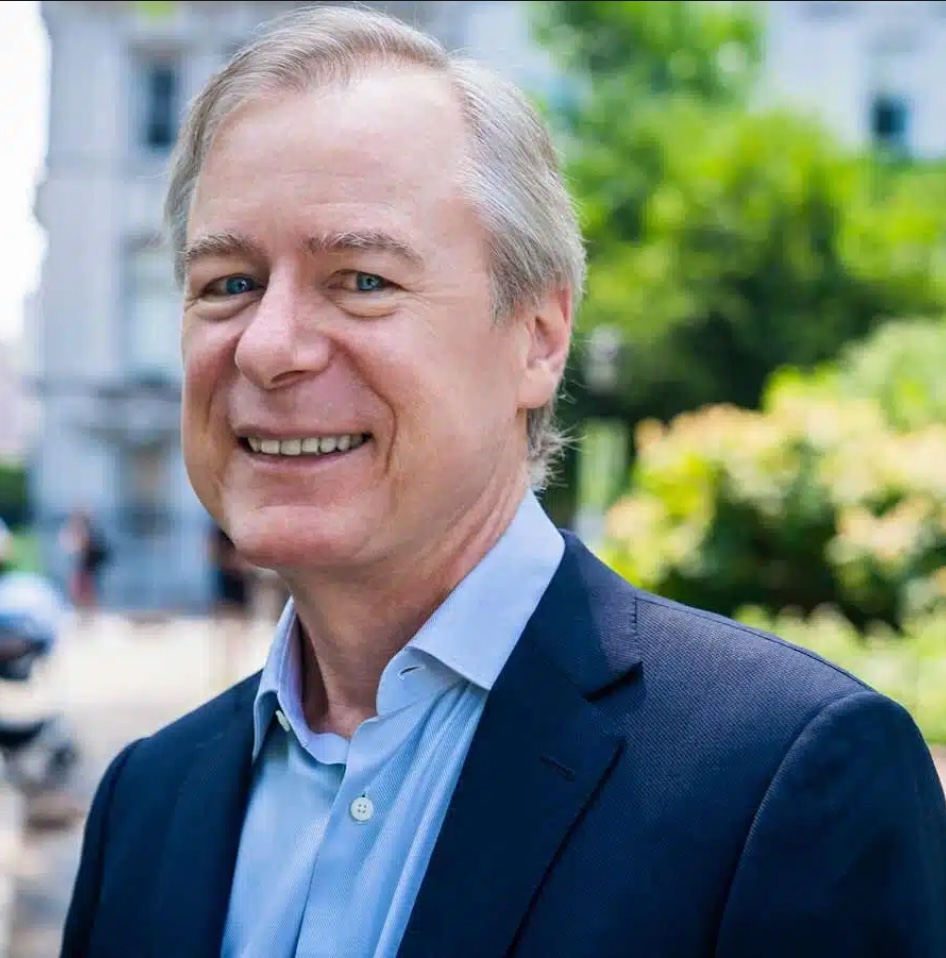by Mike Telin

On Friday at 7:30 pm, Saturday at 8:00 pm and Sunday at 3:00 pm, Robertson will lead The Cleveland Orchestra in an All-American program that includes Aaron Copland’s Suites from Appalachian Spring and The Tender Land. Pianist Marc-André Hamelin will be the featured soloist in George Gershwin’s Rhapsody in Blue and Duke Ellington’s New World A-Comin’. A free concert preview with James O’Leary, Associate Professor of Musicology at Oberlin College and Conservatory, takes place in Reinberger Chamber Hall one hour before each performance. Tickets are available online.
Robertson said that the choice of Rhapsody in Blue was an obvious one given that the performances come at the tail end of its centenary year. “I’m happy that we’re doing the original Jazz band version — it’s much closer to what the Paul Whiteman band would have played at its premiere in 1924.”
The story behind Gershwin’s iconic work begins when bandleader Paul Whiteman asked the composer to contribute a concerto for a jazz concert to be given in New York City’s Aeolian Hall in February of 1924. Gershwin initially declined the offer, saying there was not enough time to compose the piece.
But then an article about Whiteman’s planned concert ran in the New York Tribune in early January stating that “George Gershwin is at work on a jazz concerto,” which would be featured along with works by Irving Berlin and Victor Herbert. This was news to the composer, but after a phone call to Whiteman the next morning, Gershwin agreed to write the piece.
Robertson noted that at the time of the premiere, the bandleader’s arranger Ferde Grofé had only written out the accompanying parts, and Gershwin improvised the solo sections.
Although Rhapsody was met with immediate acclaim from critics and audiences, the same cannot be said for Ellington’s New World A-Comin’. “It’s a shame that people thought that music by Jazz composers was less legitimate than music by European composers. I’m very happy it’s on the program and I can’t wait to hear what Marc-André does with it.”
Another work on the program that exists in two versions is Copland’s Appalachian Spring. Robertson said that the original title was Ballet for Martha. “He wrote it for Martha Graham on a commission and she choreographed the piece after receiving the score.”
That score was for a chamber ensemble of thirteen instruments. “When Copland created the Suite for full orchestra, he condensed the ballet music and left out the sections that were primarily for dance,” Robertson said. “What I like about the Suite is that I can see the dancers in the music.”
Although Appalachian Spring was a huge success, earning Copland a Pulitzer Prize for Music in 1945, his opera The Tender Land fell flat with audiences. “There are a few reasons for that, but it’s mainly because he wrote Tender Land in the mid ’50s and American music had moved on from where it was in the 1930s and ’40s.”
Robertson said the music in the Suite, which Copland published in 1958, is beautiful, and fitting for the Thanksgiving holiday. “‘The Promise of Living’ is a hymn for all people that speaks to the community coming together during the harvest.”
Published on ClevelandClassical.com November 26, 2024.
Click here for a printable copy of this article



